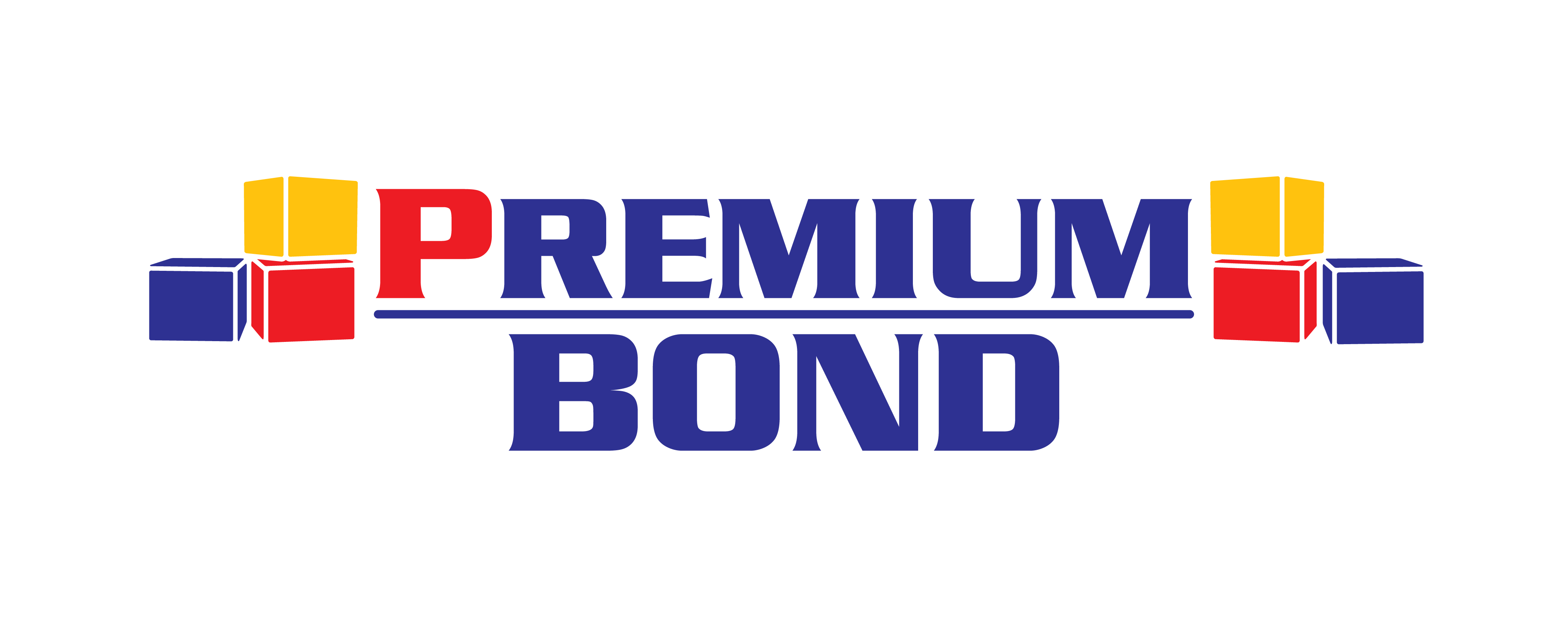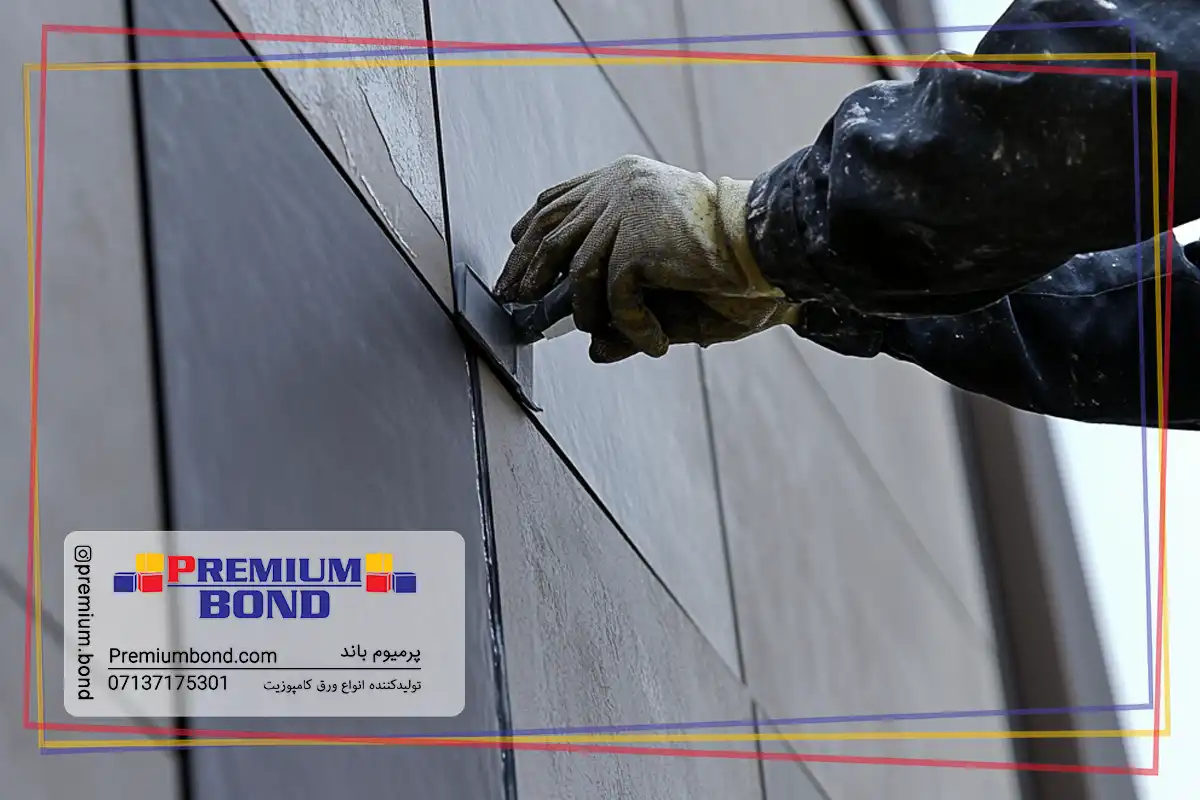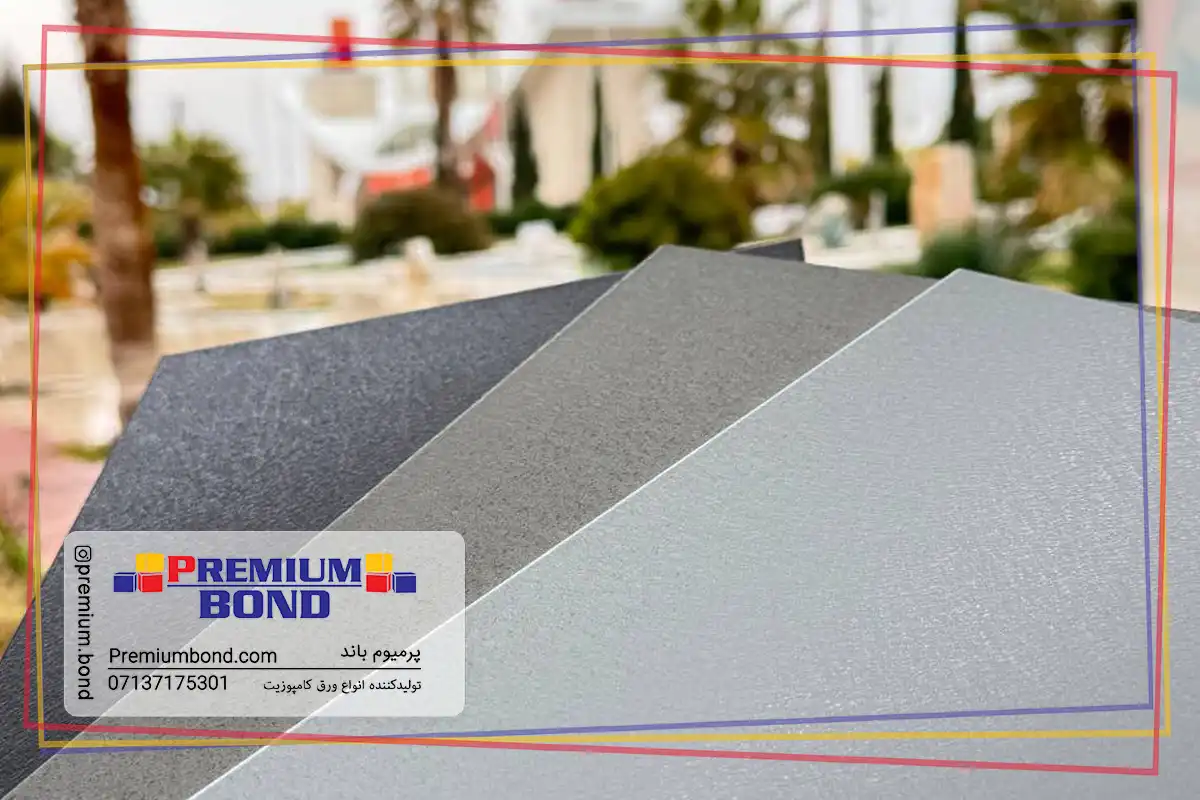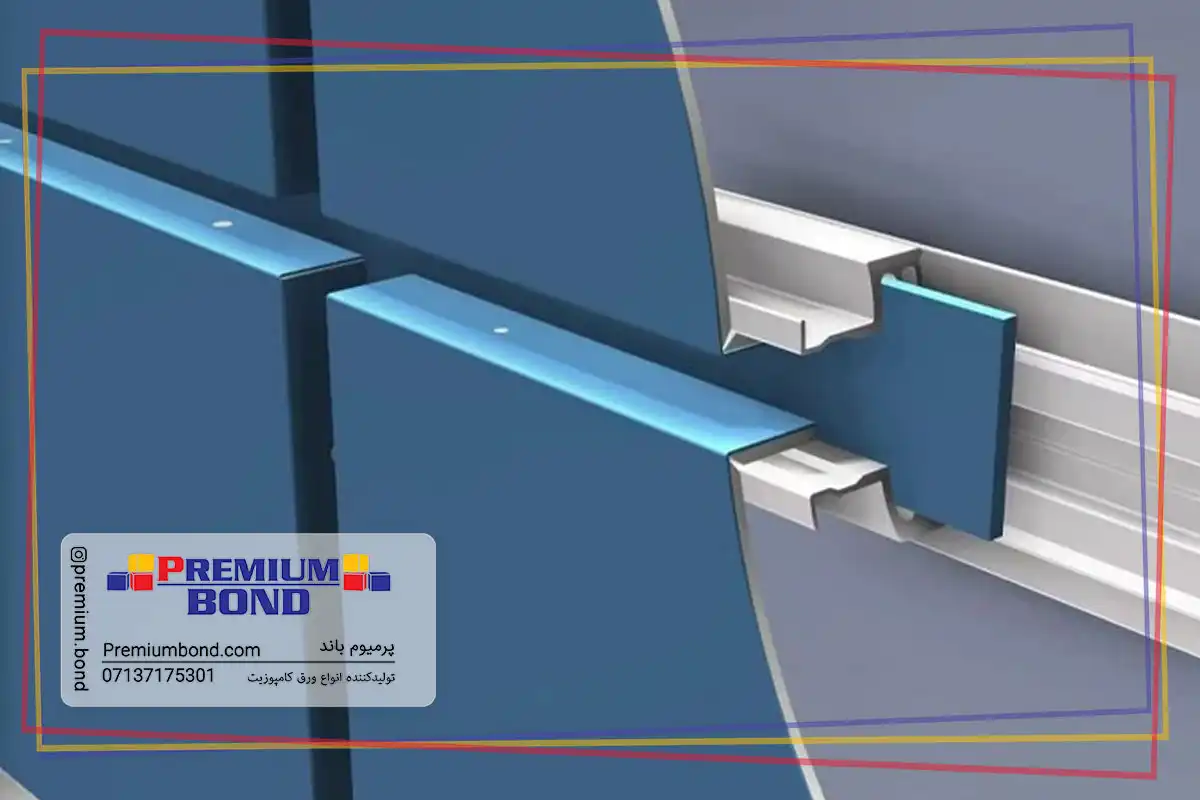Are you searching for the best adhesive for aluminium composite panels? Choosing the right composite panel adhesive is essential to ensure the strength, durability, and overall performance of your composite structures. A quality composite panel glue should withstand various environmental conditions and provide a reliable bond between the sheets. However, using the wrong adhesive can result in problems like water leaks, a shortened lifespan, or even panel separation. With so many options available, which composite panel adhesive is best for your specific application?
| Adhesive Type | Advantages | Suitable Application |
|---|---|---|
| Epoxy Adhesives |
| Structural applications requiring high load bearing |
| Acrylic Adhesives |
| Installation of composite panels for building façades |
| Polyurethane Adhesives |
| Sealing composite façades |
| MS Polymer Adhesives |
| Installation and sealing of external façades |
| Neutral Silicone Adhesives |
| Sealing composite façades |
| Epoxy Adhesive for FRP Fibers |
| Strengthening and retrofitting projects |
| Mastic Sealant Adhesives |
| Composite façades with uneven surfaces |
Main Types of Composite Panel Adhesives
In today’s market, there are various types of composite panel adhesive available for different applications. Each option comes with its own unique properties and is suitable for specific conditions. From high-strength epoxy adhesives to flexible acrylics, durable polyurethane sealants, innovative MS polymer adhesives, and neutral silicones for sealing, every composite panel glue has found its place in the industry. So, what makes each type of composite panel adhesive unique? And among all these options, which one is truly the best adhesive for aluminium composite panels?
1- Epoxy Adhesives
Epoxy adhesives are recognized as the strongest option for bonding composite panels thanks to their exceptional shear and tensile strength. These adhesives offer high thermal resistance and can bond a wide variety of materials, making them ideal for structural applications that require high load-bearing capacity. Their outstanding durability under harsh environmental conditions makes them a reliable composite panel adhesive for long-term projects. However, in cases where greater flexibility is needed, what is the best adhesive for aluminium composite panels?
2- Acrylic Adhesives
Acrylic adhesives provide an excellent balance of strength and flexibility. With their strong adhesion to diverse surfaces and impressive impact resistance, this type of composite panel glue is a popular choice for installing composite panels in building facades. Their high curing speed and reliable weather resistance are additional advantages. But for projects that demand complete sealing and superior moisture resistance, is there a more suitable composite panel adhesive?
3- Polyurethane Adhesives
Polyurethane adhesives, known for their high flexibility and remarkable elasticity, are often considered the best adhesive for aluminium composite panel when waterproofing is a priority. These adhesives can accommodate structural movement and offer excellent resistance to UV rays and various weather conditions. Their strong adhesion to different surfaces and long-lasting performance are key benefits. However, is it possible to achieve even better performance by combining different types of composite panel adhesive? Or for projects that demand greater moisture resistance, is there a more suitable composite panel adhesive?
4- MS Polymer Adhesives
MS polymer adhesives represent the new generation of composite panel adhesive, combining the desirable properties of silicone and polyurethane. They offer excellent UV resistance, good flexibility, and high bonding strength, making these composite panel glues an excellent choice for both mounting and sealing exterior claddings. Their paintability and the absence of harmful solvents add to their appeal. However, when pure sealing is the main goal, which composite panel adhesive should you select?
5- Neutral Silicone Adhesives
Neutral silicone adhesives, with their exceptional flexibility and outstanding resistance to weather elements, are the best adhesive for aluminium composite panel when it comes to sealing applications. These adhesives do not corrode metals and perform reliably in a wide temperature range. Their resistance to fungi and mold, along with their long-life span, make them highly advantageous. But for more specialized applications in the composite panel industry, what unique composite panel adhesives are available on the market?
Specialized Products for Bonding Composite Panels
Beyond general-purpose products, the composite adhesives industry also offers specialized solutions for specific applications. These specialized composite panel adhesive products are formulated for unique conditions and advanced projects. Ranging from epoxy adhesives designed for FRP fibers to mastic sealant adhesives, each type has been developed to address particular challenges within the composite industry. But what features set these specialized composite panel glues apart, and in which situations should you choose them?
Epoxy Adhesives for FRP Fibers
Special epoxy adhesives for FRP are formulated with advanced properties to bond reinforcing fibers to a wide range of substrates. These composite panel adhesives penetrate the fibers thoroughly and provide outstanding bond strength to both concrete and metal surfaces, ensuring a powerful and durable connection. Their high fatigue resistance and durability under harsh environmental conditions make them a trusted choice for structural reinforcement projects. However, when enhanced flexibility and movement absorption are required, what is the best adhesive for aluminium composite panel?
Mastic Sealant Adhesives
Mastic sealant adhesives provide a flexible, paste-like composition for both the installation and sealing of composite panels. These composite panel glues offer excellent gap-filling properties and adhere well to a variety of surfaces, effectively covering surface irregularities and ensuring a secure attachment. Their resistance to vibration and structural movement, along with their waterproof nature, makes them an ideal choice as the best adhesive for aluminium composite panels used in facades. But how should you decide between polyurethane and silicone composite panel adhesives for façade waterproofing?
Comparing Polyurethane and Silicone Adhesives for Composite Panel Waterproofing
Choosing between polyurethane and silicone adhesives for sealing composite panel facades is a crucial decision in construction projects. Both composite panel adhesive types have their unique advantages and limitations, which must be evaluated based on the project’s specific requirements. While polyurethane adhesives generally offer higher strength, silicone adhesives are known for their superior flexibility. Key factors in this comparison include UV resistance, long-term durability, paintability, and compatibility with various materials. So, what factors should be considered when selecting the best adhesive for aluminium composite panel?
Key Factors in Selecting the Right Composite Panel Adhesive
Selecting the most suitable composite panel adhesive requires careful consideration of a variety of factors. Environmental conditions, the intended application, substrate materials, and the technical requirements of the project all play vital roles in this decision. The chosen composite panel glue must remain durable under the site’s temperature range, resist moisture and UV exposure, and provide the necessary bond strength. Additionally, surface preparation methods and application techniques directly influence the adhesive’s final performance. But how does each of these factors impact the selection of the best adhesive for aluminium composite panels?
Application Type and Environmental Conditions
The type of application and environmental conditions are among the most crucial factors in selecting a composite panel adhesive. For exterior facades exposed to direct sunlight, rain, and extreme temperature fluctuations, adhesives with high UV and weather resistance, such as MS polymers or neutral silicones, are preferred. For interior uses, acrylic or polyurethane composite panel glues are sufficient. In areas with high humidity or chemical exposure, choosing an adhesive with proper chemical resistance is essential. Yet beyond environmental considerations, how does surface preparation impact composite panel glue performance?
Surface Preparation and Application Techniques
Proper surface preparation and application techniques greatly affect the performance of composite panel adhesive. Surfaces should be clean, dry, and free from any contamination, dust, oil, or grease. In certain cases, using a specific primer is recommended to enhance adhesion. The composite panel glue should be applied according to its type: some require uniform application, while others are best applied as dots or lines. Additionally, the temperature and humidity during installation must fall within the manufacturer’s recommended range. Why, then, do so many professionals prefer composite panel adhesives over mechanical fasteners?
Advantages of Using Adhesive Over Mechanical Fasteners
Using composite panel adhesive instead of mechanical fasteners offers significant advantages. Unlike mechanical connections, which concentrate forces at discrete points, composite panel glue distributes loads evenly across the entire bonding surface. This results in a seamless appearance, free from visible screws or plugs, giving façades a more elegant and integrated look.
Additionally, composite panel adhesives provide waterproofing as well as thermal and acoustic insulation, greatly enhancing the overall performance of the building envelope. Faster installation, reduced structural weight, and a minimized risk of damage to the composite panels themselves are further benefits of adhesive bonding over mechanical fastening.
Why Are Specialized Adhesives Essential for the Composite Panel Industry?
The composite industry cannot achieve its full potential without the use of specialized composite panel adhesive products. As aluminium composite panels are among the most widely used modern construction materials, they require strong and stable joints that only the best adhesive for aluminium composite panels can provide. Selecting the right composite panel glue involves careful attention to its mechanical properties, resistance to environmental factors, and adaptability to the specific needs of each project. Only with these considerations can one ensure lasting performance and structural integrity in composite panel applications.






